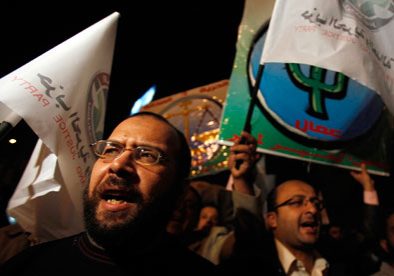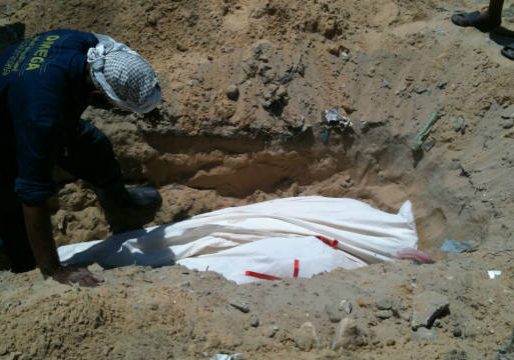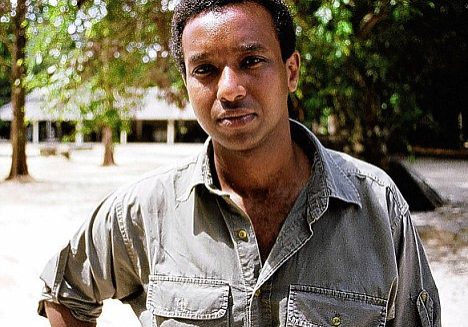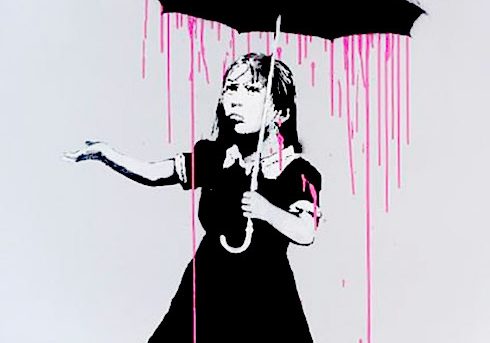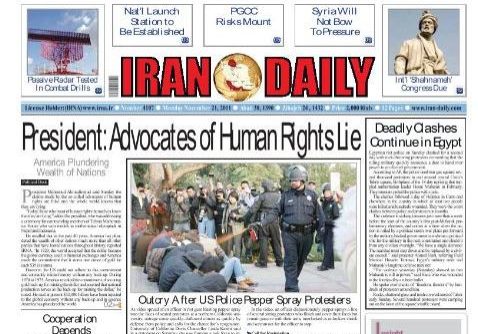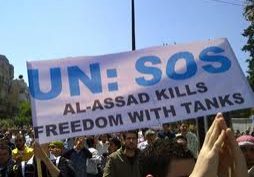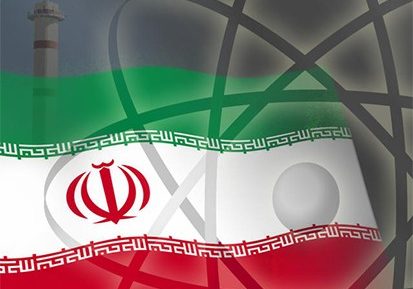
Are new sanctions on Iran enough?
November 25, 2011
This Update features three pieces commenting on the international debate about a new round of sanctions on Iran – with the US, Britain and Canada announcing new measures on Monday, and Europe agreeing “in principle” to expand sanctions a couple of days later
First up is an editorial from the Washington Post, in which the paper argues that the new sanctions announced by the US Administration amount to “half-measures”. Instead, the paper argues, the sorts of tough sanctions proposed by French President Nicholas Sarkozy early this week should be adopted – including a freeze on the assets of Iran’s central bank, and a complete embargo on all petroleum purchases from Iran being adopted by a coalition of Western states.
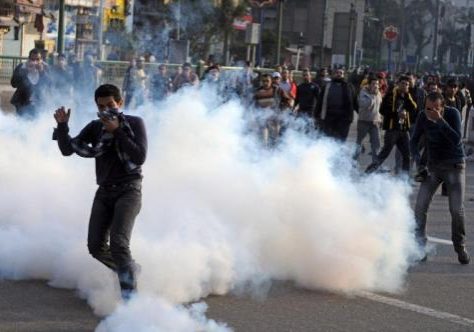
Worsening Middle East instability
November 22, 2011
This Update provides analysis of the increasingly “Arab Spring” instability which seems to be developing across the Middle East – in Egypt, Syria and Jordan.
First up are Washington Institute experts David Schenker and Eric Trager on the background and implications to the re-ignition of significant violence between Egypt’s military SCAF goverment, and protestors gathered in Cairo’s Tahrir Square over the weekend – which has led to the death of upwards of 24 people and hundreds of injuries.

